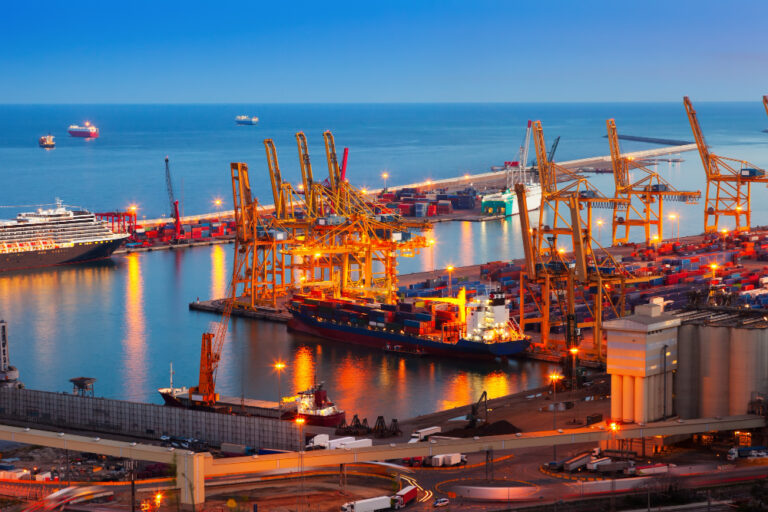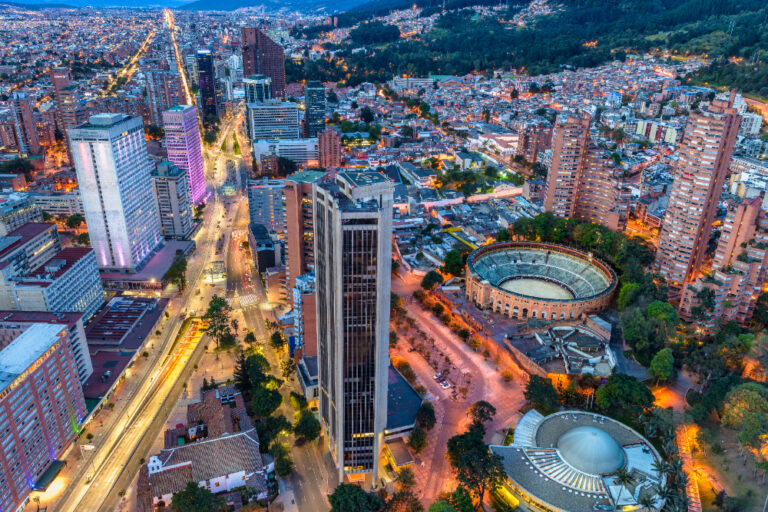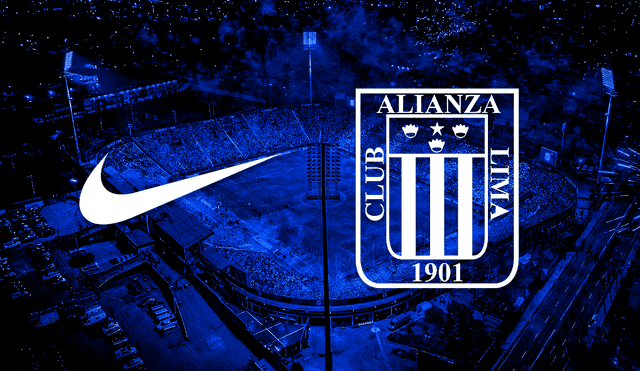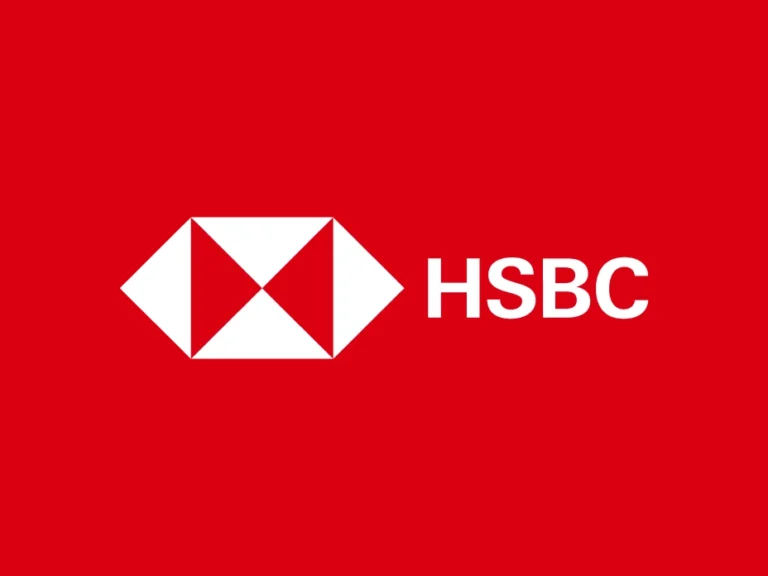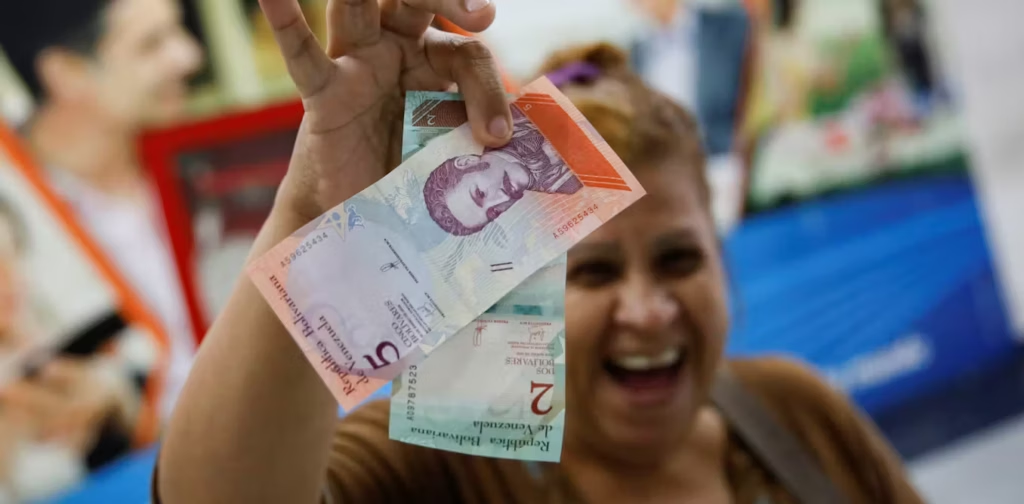
It’s Saturday night, March 22, 2025, and the rumor mill in Venezuela is spinning faster than a Caracas street vendor’s fan. Whispers are circulating on X that Nicolás Maduro’s government might be gearing up for yet another currency overhaul—ditching the bolívar, or what’s left of it, for something new. No official word has dropped, mind you, but in a country where economic chaos is as routine as blackouts, the buzz is enough to set nerves on edge. For Venezuelans already battered by hyperinflation and empty wallets, this isn’t just gossip—it’s a potential lifeline or another gut punch. So, what’s behind these rumors, and what could they mean for a nation that’s lost count of its zeros?
The Spark on X
The chatter kicked off late Saturday, with X users posting cryptic hints and outright predictions. “Heard from a friend in Miraflores: new currency next month,” one tweet claimed, referencing Maduro’s presidential palace. Another user quipped, “Bolívar’s dead—time for Bolívar 2.0 or whatever they’ll call it.” No hard evidence—just vibes, speculation, and the kind of gallows humor that thrives in crisis. But in Venezuela, where official announcements often lag behind street-level reality, X is the pulse. By midnight, the hashtag #NuevaMoneda was picking up steam, fueled by a mix of dread and weary resignation.
Why now? The bolívar’s been on life support for years, and 2025 isn’t pulling punches. The Venezuelan Observatory of Finance pegged February’s monthly inflation at 15%, a brutal spike that’s turned salaries into confetti. A loaf of bread costs millions of bolívares—if you can find one amid the shortages reported on March 21. The black-market dollar rate, the real benchmark for most, has soared past 50 bolívares per buck, per X chatter from March 20. For a government obsessed with control, a currency that’s more meme than money is a problem—and a new overhaul could be their latest stab at fixing it.
A History of Redenomination
This wouldn’t be Venezuela’s first rodeo. The bolívar’s been sliced and diced so often it’s practically a national pastime. Back in 2008, Hugo Chávez lopped off three zeros, birthing the “bolívar fuerte” (strong bolívar)—a bold name that aged like milk. By 2018, with inflation in the millions, Maduro hacked off five more zeros, unveiling the “bolívar soberano” (sovereign bolívar). Three years later, in 2021, another six zeros vanished, leaving the current bolívar—a currency so frail it barely registers. Each redo promised stability; each delivered a mirage. Now, with 14 zeros gone since Chávez’s heyday, the math’s absurd, and the faith’s long gone.
The playbook’s predictable: announce a new currency, swap old bills for new at some punishing ratio, and pray the printing presses keep up. In 2021, it was 1 new bolívar for 1 million old ones—a logistical mess that left ATMs dry and markets scrambling. Today’s rumors hint at a similar move—maybe 1 new unit for 10,000 or 100,000 current bolívares—though no one’s betting on details until Maduro’s face hits state TV. The goal? Reset the ledger, curb cash chaos, and buy time. The catch? It’s never worked before.
Why the Buzz Makes Sense
The timing tracks with Venezuela’s 2025 meltdown. Oil production’s limping—PDVSA’s talks on March 19 to boost Orinoco Belt output are a long shot with sanctions biting. Trump’s axing of Chevron’s license in March, paired with Rubio’s sanction threats on March 18, has choked foreign cash. Fuel queues in Valencia on March 22 underscore the ripple effects: no gas, no transport, no commerce. The bolívar’s collapse is the thread tying it all together—too weak to import, too worthless to trade. A new currency could be Maduro’s Hail Mary to project control, even if it’s just smoke and mirrors.
X posts also point to practical triggers. “Cash is useless now—can’t even buy a coffee,” one user griped on March 21. Physical bills are scarce; the highest denomination, 1 million bolívares from 2021, buys next to nothing in 2025. Digital payments dominate, but rural areas and small vendors still need paper—and the government’s not printing fast enough. A new currency could flood the streets with fresh notes, at least for a minute, before inflation eats them too.
The People Caught in the Crosshairs
For Venezuelans, this isn’t abstract—it’s survival. Take María Gómez, a 35-year-old teacher in Maracaibo. Her monthly salary, maybe 10 million bolívares, barely covers a week’s groceries. If a new currency drops, she’ll have to swap her savings—already peanuts—for even less, racing to banks that might not open. “Last time, I lost half my money waiting in line,” she recalls of 2021. “Now? I don’t know if it’s worth the fight.” Street vendors, pensioners, anyone outside the dollar bubble—they’re the ones hit hardest, their lives upended by another roll of the dice.
On X, the mood’s a mix of cynicism and fatigue. “New currency? Same garbage,” one user posted on March 22. Another shared a photo of old bolívar fuerte notes, captioned, “Collecting these like souvenirs.” Some see a silver lining—“Maybe I can pay my rent without a wheelbarrow of cash”—but most expect the cycle to repeat: a brief honeymoon, then hyperinflation redux. The black market’s already adjusting; dollar traders on March 22 were reportedly holding off bets, waiting to see what’s next.
Maduro’s Gamble
If the rumors are true, Maduro’s playing a familiar game. His March 22 TV marathon—three hours of defiance and vague promises—didn’t mention currency, but it fits his style: grand gestures to mask grim reality. A new bolívar (Bolívar Supremo, anyone?) could rally Chavistas, shore up optics, and dodge deeper fixes—like tackling corruption or begging sanctions relief. But the risks are steep. Botch the rollout, and riots could flare—think 2019, when fuel lines turned violent. Succeed, and it’s still a Band-Aid on a broken system.
No official word as of March 23, 2025, means we’re in limbo. The Central Bank’s silent; state media’s mum. X keeps the flame alive, though—#NuevaMoneda’s still trending as Sunday dawns in Caracas (11:53 PM VET Saturday night). Analysts guess an announcement could hit next week, timed to drown out deportation flight headlines or Valencia’s fuel woes.
What’s at Stake
This isn’t just about money—it’s Venezuela’s soul on the line. Another overhaul won’t fix the rot: a gutted oil industry, a starving populace, a regime clinging to power. For María, José in his fuel queue, millions more, it’s another spin on the wheel—hope flickering against a decade of proof it doesn’t last. The bolívar’s a symbol of what was: a nation that dreamed big and crashed hard. If the rumors hold, Venezuela’s bracing for round five, praying this time’s different, knowing it probably won’t be.

